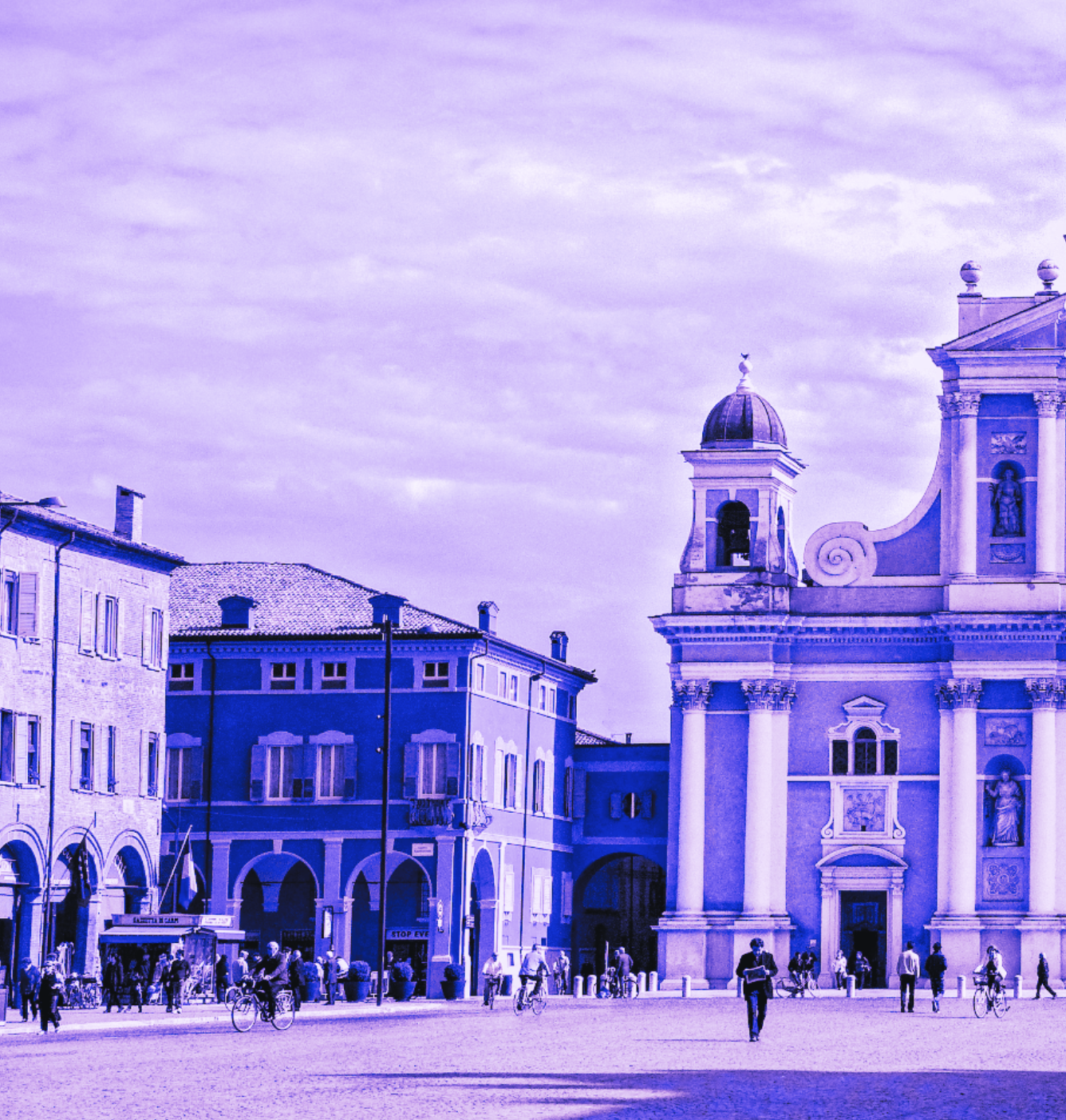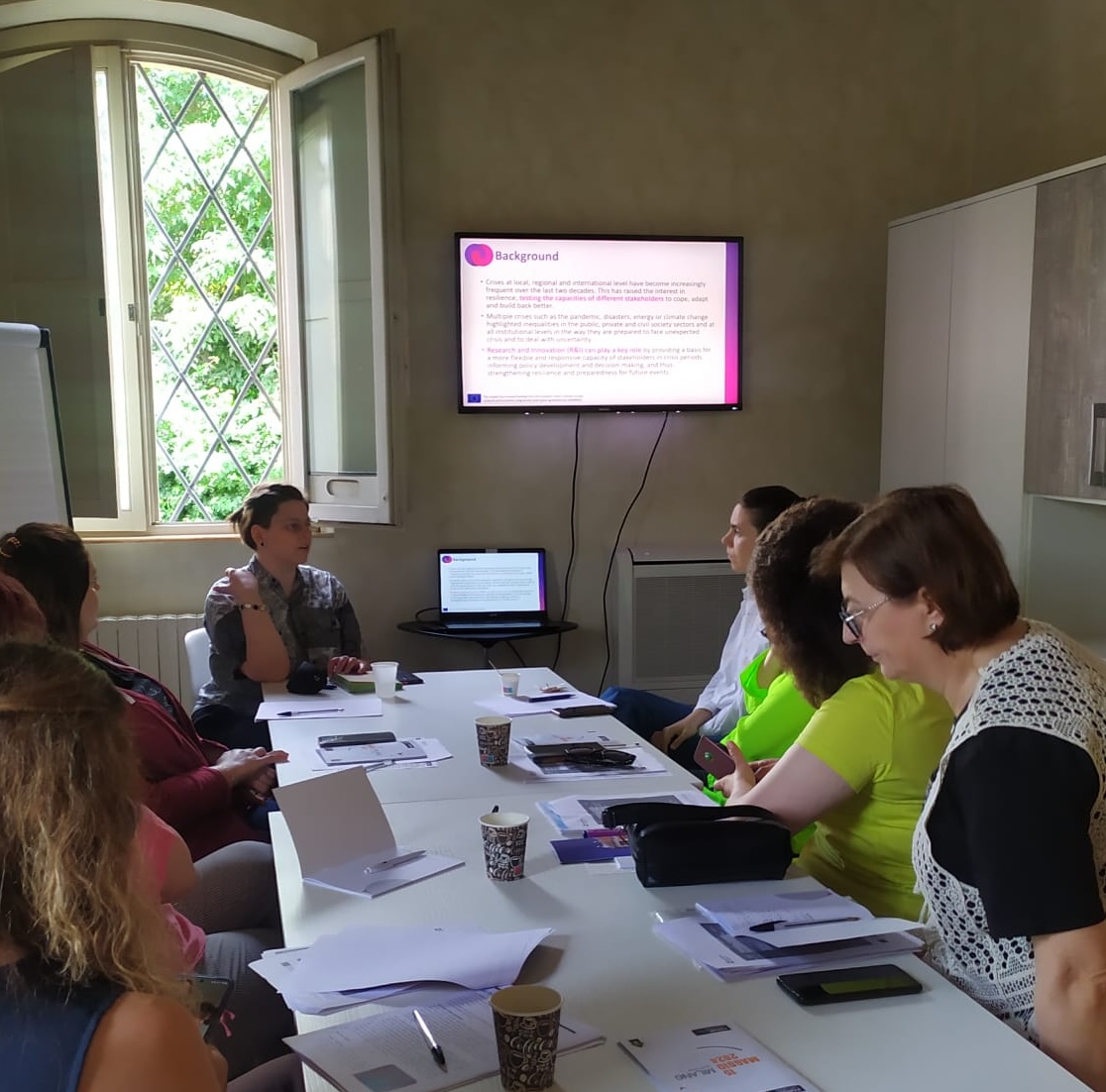MeRest Workshop

From the 28th to the 30th of May, the MEREST EU-funded project organised a joint staff event in Carpi, Italy, to support the exchange of project results between European initiatives. The project intends to strengthen resilience and offer opportunities for social inclusion to the most marginalised groups in society by structuring non-formal educational activities based on self-narration through visual arts and theatre. The UNIFE team – partner of the FUTURESILIENCE project – participated in the event, presenting the project approach and sharing how different labs are working with vulnerable groups.
This three-day event aimed to align the knowledge of different stakeholders and share awareness of the specific needs of target groups affected by the COVID-19 pandemic. Participants explored the background and theory of the MEREST proposed resilience framework, and touched upon techniques such as storytelling, visual arts, and drama to enhance resilience. The training focused on acquiring the necessary skills and competencies for the staff and volunteers from partner organisations involved in implementing the project and inviting related projects such as FUTURESILIENCE. The participants had diverse backgrounds in adult education, including pedagogues, social workers, sociologists, psychologists, and creative professionals.

Fabiola Onofrio, on behalf of UNIFE teams, presented the purposes and scope of the FUTURESILIENCE project, emphasising the role of societal resilience as a trigger to build a more sustainable and equal society, better prepared to face future crises. The discussion led to several relevant points, such as the role of awareness and knowledge in creating and building resilient communities. Informed communities are better equipped to anticipate, prepare for, and respond to various hazards, extreme events, and disturbances.
Awareness programmes and educational initiatives play a significant role in disseminating critical information, promoting best practices, and fostering a culture of safety. It is a step forward to promote anticipatory governance, engaging with different stakeholders, local communities and in particular, with more marginsalised groups. Moreover, the role of technologies in the resilience building process was discussed —particularly related to the TIMES Lab — as an innovative way to manage resources, improve communication, and enhance societal response.